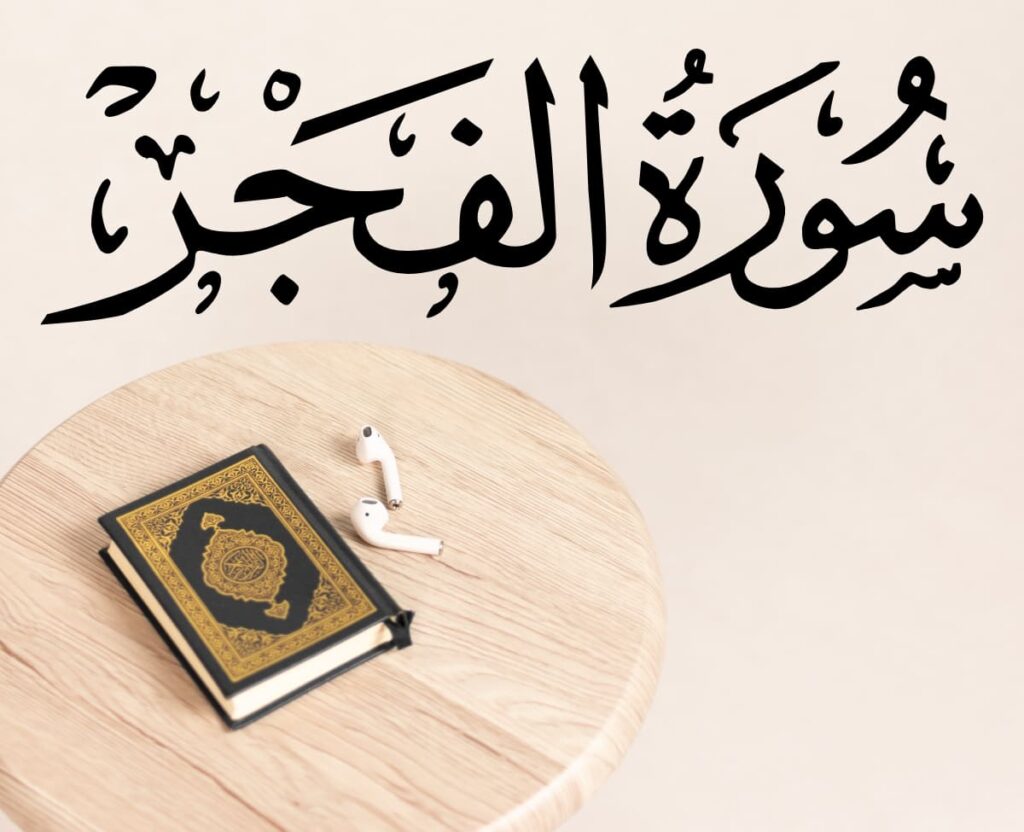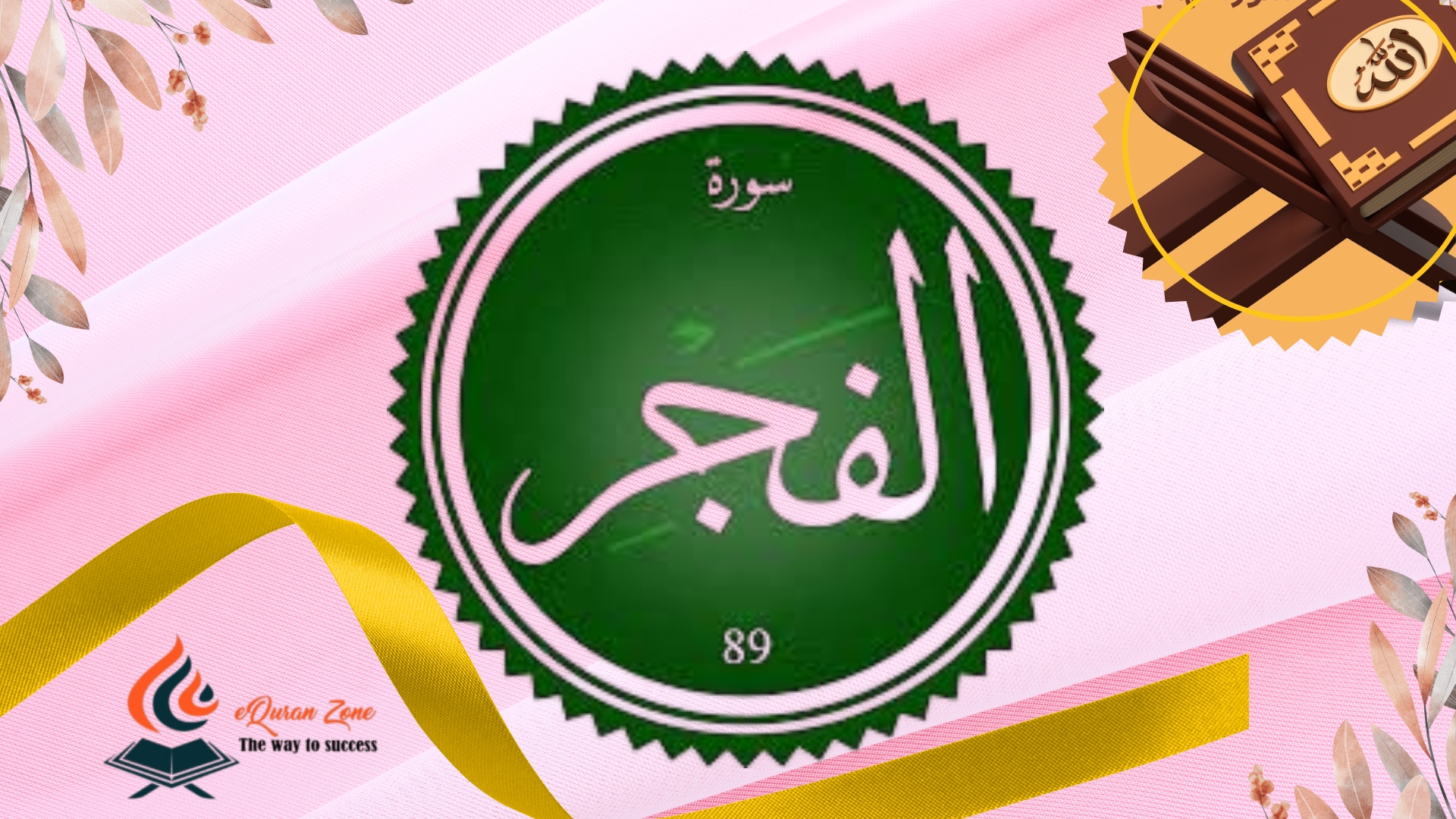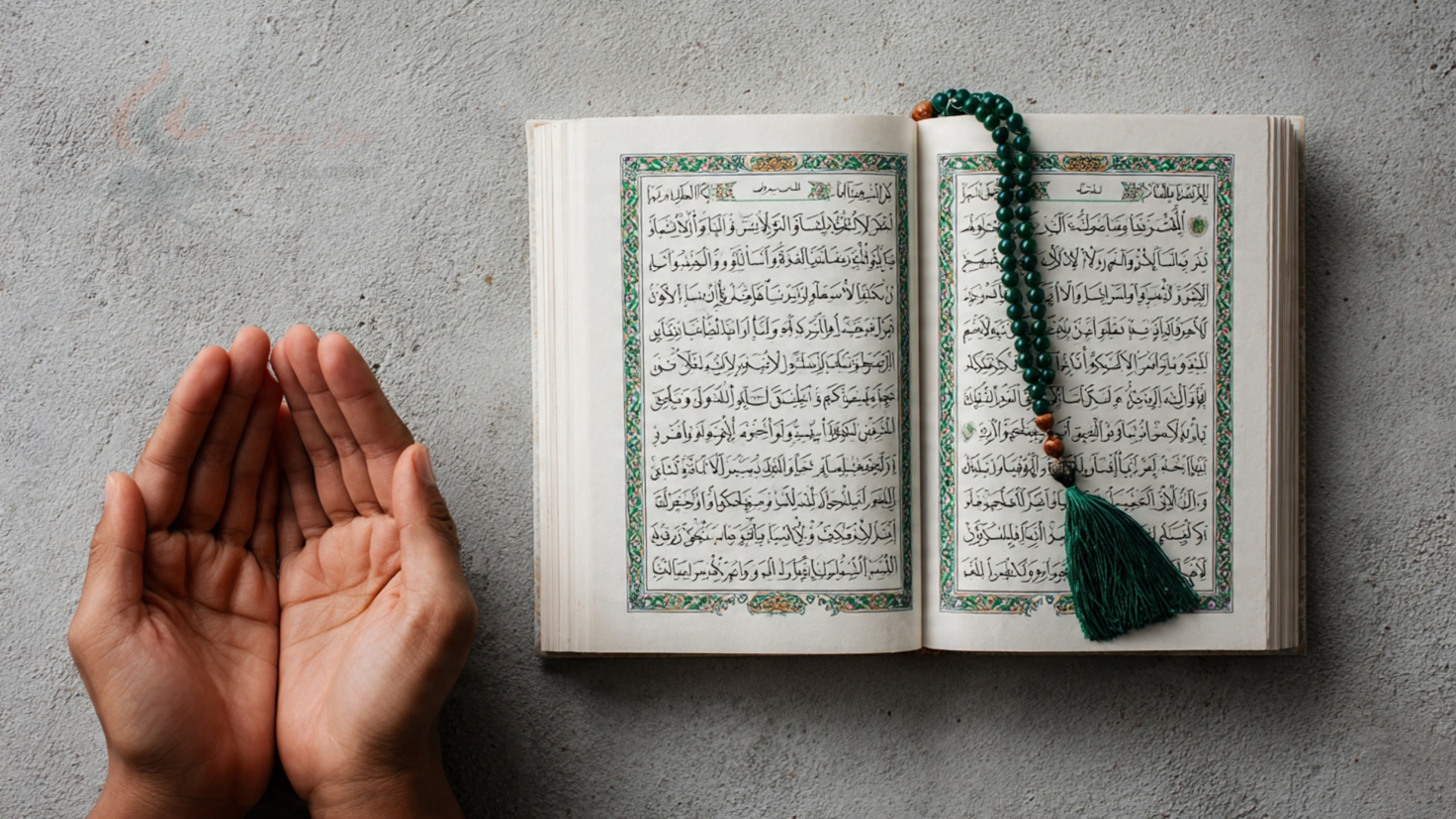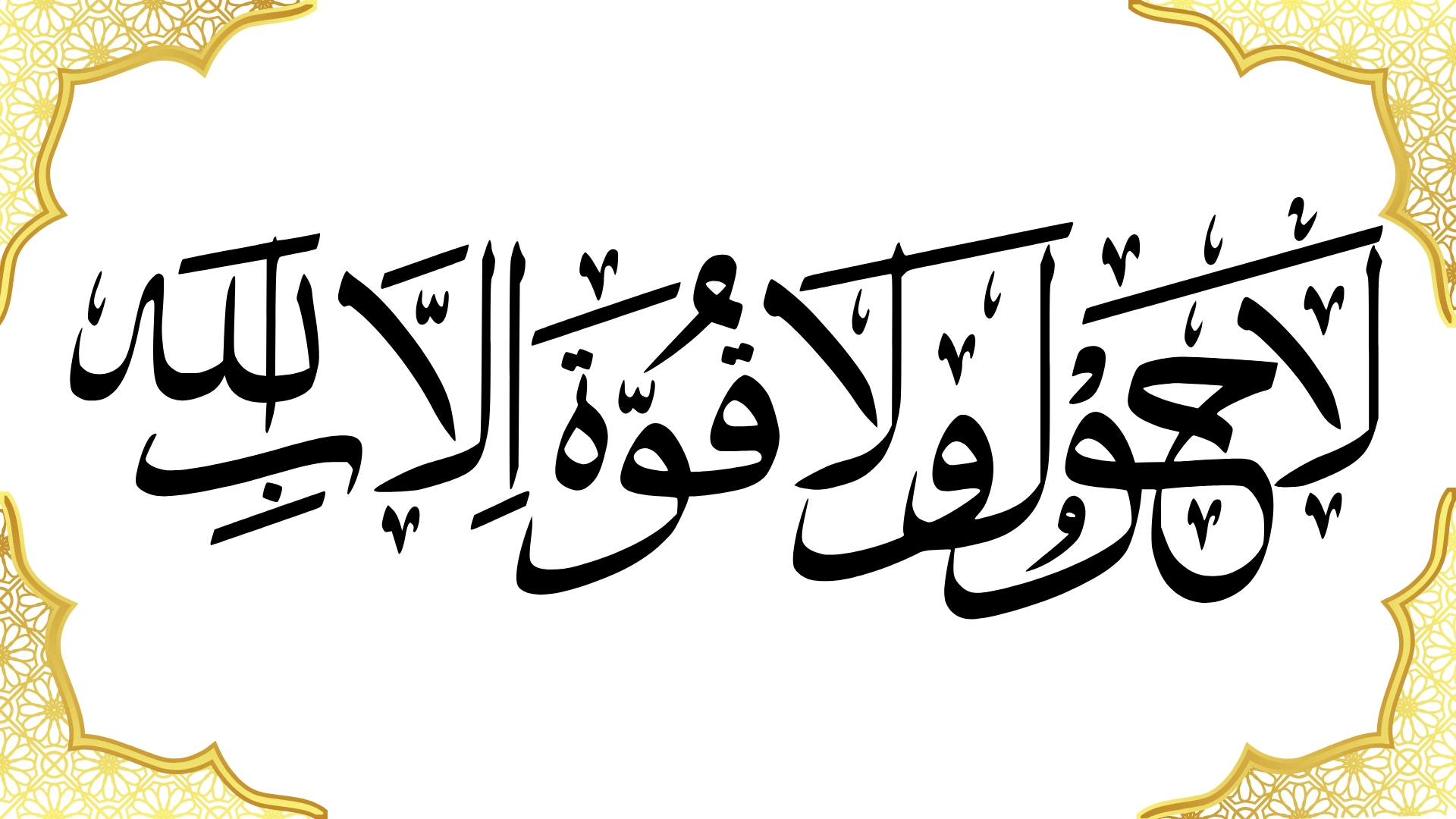Surah Al-Fajr, the 89th chapter of the Quran, is a profound and meaningful passage. This Meccan Surah contains thirty verses. It challenges human behavior, warns of divine justice, and reminds readers of accountability. Scholars consider Surah Al-Fajr a vital chapter with lessons for every era. It talks about the downfall of ancient nations, including ‘Ād and Thamūd. Scholars highlight its emphasis on gratitude and humility. They see its warnings about arrogance and love of wealth as timeless truths. The chapter’s depiction of the afterlife is powerful and memorable.
This Surah calls for reflection and change. Its vivid images of past events and the Final Judgment inspire action. It challenges readers to live with purpose and compassion. Surah Al-Fajr is not just a passage; it is guidance for a meaningful life.
Background of Surah Al-Fajr
Surah Al-Fajr, also known as “The Dawn,” is a Meccan chapter revealed during the middle stage of the Prophet Muhammad’s (peace be upon him) mission. This period was marked by increasing resistance from the Quraysh against Islam. The Surah addresses themes of morality, justice, and warnings for those who deny or reject divine guidance.
The chapter consists of thirty verses. Its tone is deeply reflective, calling readers to consider the fate of previous civilizations and their downfall caused by rebellion and ingratitude. Surah Al-Fajr emphasizes the transient nature of wealth and power and underscores the ultimate accountability in the hereafter.

Surah Al-Fajr Transliteration, English & Urdu Translation
بِسۡمِ ٱللَّهِ ٱلرَّحۡمَٰنِ ٱلرَّحِيمِ
Bismillah hir rahman nir raheem
In the name of Allah, the Entirely Merciful, the Especially Merciful.
وَٱلۡفَجۡرِ
Transliteration: Wal-Fajr
By the dawn
وَلَيَالٍ عَشۡرٖ
Transliteration: Wa layaalin ‘ashr
And [by] ten nights
وَٱلشَّفۡعِ وَٱلۡوَتۡرِ
Transliteration: Wash shaf’i wal watr
And [by] the even [number] and the odd
وَٱلَّيۡلِ إِذَا يَسۡرِ
Transliteration: Wallaili izaa yasr
And by the night when it passes,
هَلۡ فِي ذَٰلِكَ قَسَمٞ لِّذِي حِجۡرٍ
Transliteration: Hal fee zaalika qasamul lizee hijr
Is there [not] in [all] that an oath [sufficient] for one of perception?
أَلَمۡ تَرَ كَيۡفَ فَعَلَ رَبُّكَ بِعَادٍ
Transliteration: Alam tara kaifa fa’ala rabbuka bi’aad
Have you not considered how your Lord dealt with ‘Aad –
إِرَمَ ذَاتِ ٱلۡعِمَادِ
Transliteration: Iramaa zaatil ‘imaad
[With] Iram – who had lofty pillars,
ٱلَّتِي لَمۡ يُخۡلَقۡ مِثۡلُهَا فِي ٱلۡبِلَٰدِ
Transliteration: Allatee lam yukhlaq misluhaa fil bilaad
The likes of whom had never been created in the land?
وَثَمُودَ ٱلَّذِينَ جَابُواْ ٱلصَّخۡرَ بِٱلۡوَادِ
Transliteration: Wa samoodal lazeena jaabus sakhra bil waad
And [with] Thamud, who carved out the rocks in the valley?
وَفِرۡعَوۡنَ ذِي ٱلۡأَوۡتَادِ
Transliteration: Wa fir’awna zil awtaad
And [with] Pharaoh, owner of the stakes? –
ٱلَّذِينَ طَغَوۡاْ فِي ٱلۡبِلَٰدِ
Transliteration: Allazeena taghaw fil bilaad
[All of] whomwere oppressed within the lands
فَأَكۡثَرُواْ فِيهَا ٱلۡفَسَادَ
Transliteration: Fa aksaroo feehal fasaad
And increased therein the corruption.
فَصَبَّ عَلَيۡهِمۡ رَبُّكَ سَوۡطَ عَذَابٍ
Transliteration: Fasabba ‘alaihim Rabbuka sawta ‘azaab
So your Lord poured upon them a scourge of punishment.
إِنَّ رَبَّكَ لَبِٱلۡمِرۡصَادِ
Transliteration: Inna Rabbaka labil mirsaad
Indeed, your Lord is in observation.
فَأَمَّا ٱلۡإِنسَٰنُ إِذَا مَا ٱبۡتَلَىٰهُ رَبُّهُۥ فَأَكۡرَمَهُۥ وَنَعَّمَهُۥ فَيَقُولُ رَبِّيٓ أَكۡرَمَنِ
Transliteration: Fa ammal insaanu izaa mab talaahu Rabbuhoo fa akramahoo wa na’ ‘amahoo fa yaqoolu Rabbeee akraman
And as for man, when his Lord tries him and [thus] is generous to him and favors him, he says, “My Lord has honored me.”
وَأَمَّآ إِذَا مَا ٱبۡتَلَىٰهُ فَقَدَرَ عَلَيۡهِ رِزۡقَهُۥ فَيَقُولُ رَبِّيٓ أَهَٰنَنِ
Transliteration: Wa ammaaa izaa mabtalaahu faqadara ‘alaihi rizqahoo fa yaqoolu Rabbeee ahaanan
But when He tries him and restricts his provision, he says, “My Lord has humiliated me.”
كَلَّاۖ بَل لَّا تُكۡرِمُونَ ٱلۡيَتِيمَ
Transliteration: Kalla bal laa tukrimooo nal yateem
No! But you do not honor the orphan
وَلَا تَحَـٰٓضُّونَ عَلَىٰ طَعَامِ ٱلۡمِسۡكِينِ
Transliteration: Wa laa tahaaaddoona ‘alaata’aamil miskeen
And you do not encourage one another to feed the poor.
وَتَأۡكُلُونَ ٱلتُّرَاثَ أَكۡلٗا لَّمّٗا
Transliteration: Wa taakuloonat turaasa aklal lammaa
And you consume inheritance, devouring [it] altogether,
وَتُحِبُّونَ ٱلۡمَالَ حُبّٗا جَمّٗا
Transliteration: Wa tuhibboonal maala hubban jammaa
And you love wealth with immense love.
كَلَّآۖ إِذَا دُكَّتِ ٱلۡأَرۡضُ دَكّٗا دَكّٗا
Transliteration: Kallaaa izaaa dukkatil ardu dakkan dakka
No! When the earth has been leveled – pounded and crushed –
وَجَآءَ رَبُّكَ وَٱلۡمَلَكُ صَفّٗا صَفّٗا
Transliteration: Wa jaaa’a Rabbuka wal malaku saffan saffaa
And your Lord has come and the angels, rank upon rank,
وَجِاْيٓءَ يَوۡمَئِذِۭ بِجَهَنَّمَۚ يَوۡمَئِذٖ يَتَذَكَّرُ ٱلۡإِنسَٰنُ وَأَنَّىٰ لَهُ ٱلذِّكۡرَىٰ
Transliteration: Wa jeee’a yawma’izim bi jahannnam; Yawma ‘iziny yatazakkarul insaanu wa annaa lahuz zikraa
And brought [within view], that Day, is Hell – that Day, man will remember, but what good to him will be the remembrance?
يَقُولُ يَٰلَيۡتَنِي قَدَّمۡتُ لِحَيَاتِي
Transliteration: Yaqoolu yaa laitanee qaddamtu lihayaatee
He will say, “Oh, I wish I had sent ahead [some good] for my life.”
فَيَوۡمَئِذٖ لَّا يُعَذِّبُ عَذَابَهُۥٓ أَحَدٞ
Transliteration: Fa Yawma izil laa yu’azzibu ‘azaabahooo ahad
So on that Day, none will punish [as severely] as His punishment,
وَلَا يُوثِقُ وَثَاقَهُۥٓ أَحَدٞ
Transliteration: Wa laa yoosiqu wasaaqa hooo ahad
And none will bind [as severely] as His binding [of the evildoers].
يَـٰٓأَيَّتُهَا ٱلنَّفۡسُ ٱلۡمُطۡمَئِنَّةُ
Transliteration: Yaaa ayyatuhan nafsul mutma ‘innah
[To the righteous it will be said], “O reassured soul,
ٱرۡجِعِيٓ إِلَىٰ رَبِّكِ رَاضِيَةٗ مَّرۡضِيَّةٗ
Transliteration: Irji’eee ilaa Rabbiki raadiyatam mardiyyah
Return to your Lord, well-pleased and pleasing [to Him],
فَٱدۡخُلِي فِي عِبَٰدِي
Transliteration: Fadkhulee fee ‘ibaadee
And enter among My [righteous] servants
وَٱدۡخُلِي جَنَّتِي
Transliteration: Wadkhulee jannatee
And enter My Paradise.”
Themes Explored in Surah Al-Fajr
The Surah opens with powerful oaths that set a thought-provoking mood. These verses encourage reflection and contemplation. Surah Al-Fajr explores three central themes:
Oaths upon Creation
These elements symbolize transitions, renewal, and the dynamics of change in the natural world.
Warnings Against Arrogance
The Surah recounts the stories of ancient nations like ‘Ād, Thamūd, and Pharaoh. However, their arrogance led to divine punishment. Through these narratives, Allah cautions against oppression and habitual disobedience.
The Trial of Wealth and Gratitude
A significant portion of the chapter discusses human tendencies in times of prosperity and hardship. When blessed with wealth or comfort, people often feel entitled and claim, “My Lord has honored me.” However, they complain and lose hope when tested with restrictions. Gratitude and patience are emphasized as central virtues.
The Day of Judgment and Eternal Destiny
The chapter culminates with a depiction of the Day of Judgment. The verses describe the earth being leveled, hell brought into view, and the righteous being invited to eternal peace in Paradise.
Key Verses of Surah Al-Fajr
The Opening Oaths
“By the dawn, And [by] ten nights, And [by] the even and the odd, And [by] the night when it passes – Is there [not] in [all] that an oath [sufficient] for one of perception?” (Verses 1–5)
These oaths direct attention to natural phenomena and their inherent lessons.
The Fate of Arrogant Nations
“Have you not considered how your Lord dealt with ‘Ād – Irām, of lofty pillars, The likes of whom had never been created in the land?”
“And [with] Thamūd, who carved out the rocks in the valley? And Pharaoh, owner of the stakes of, who oppressed within the lands and increased therein corruption.
“…But your Lord is in observation.” (Verses 6–14)
These powerful civilizations, despite their grandeur, could not escape the consequences of their misdeeds.
Human Struggles with Gratitude
“But when He tries him and restricts his provision, he says, ‘My Lord has humiliated me.’
“No! But you do not honor the orphan, and you do not encourage one another to feed the poor.
“And you consume inheritance, devouring it altogether, and you love wealth with immense love.” (Verses 15–20)
These verses describe human inconsistency in the face of tests. People often forget their moral responsibilities, prioritizing wealth over compassion.
The Final Consequence
“But when the earth has been leveled, pounded and crushed, And your Lord has come with angels, rank upon rank,
“And brought [within view], that Day, is Hell – that Day, man will remember, but what good to him will be the remembrance?”
“He will say, ‘Oh, I wish I had sent ahead [some good] for my life.’” (Verses 21–24)
The imagery invokes profound fear and serves as a reminder of the inevitable accountability on the Last Day. It is a vivid call for self-assessment before it is too late.
The Reward for the Righteous
“To the righteous it will be said, ‘O reassured soul, Return to your Lord, well-pleased and pleasing [to Him],
“‘And enter among My [righteous] servants, And enter My Paradise.’” (Verses 27–30)
These verses provide immense hope and comfort. They promise eternal peace for those who align their lives with Allah’s will.
Lessons from Surah Al-Fajr
Past Lessons Teach Present Wisdom
The fate of previous nations stands as a warning. ‘Ād’s strength, Thamūd’s skill, and Pharaoh’s power did not protect them from divine retribution. This reinforces that no amount of material wealth or political influence can shield against moral decline.
Gratitude and Humility as Virtues
True faith involves recognizing blessings as tests. Gratitude during ease and patience during hardship are hallmarks of a believer. Mismanaging blessings, such as neglecting the orphans and the poor, leads to spiritual decline.
The Certainty of Accountability
The descriptions of the earth’s transformation, the ranks of angels, and Hell’s unveiling encourage preparation for that definitive moment.
Calling to a Higher Purpose
The chapter invites believers to live with purpose. It illustrates the eternal rewards of devotion, self-discipline, and compassion, contrasting them with the despair of those who waste their lives in arrogance.
Conclusion
Surah Al-Fajr serves as a mirror for humanity. It poignantly exposes human tendencies, challenges behaviors, and redirects attention to eternal goals. Its vivid oaths and dire warnings transcend time and culture. The repeated reminders that “Your Lord is in observation” reaffirm that every deed is recorded. The imagery of Paradise offered to the tranquil soul serves as a beacon. It inspires belief in mercy, accountability, and the possibility of transformation at any stage of life.
Surah Al-Fajr is not just a chapter to read but a guide to internalize. It pushes one to re-evaluate priorities, act with kindness, and prepare for what lies ahead. It stands as a clarion call to rise beyond temporary gains and strive for eternal success. Final prayers seek alignment with the traits of the tranquil soul. May we find ourselves among those who are well-pleased with their Creator and gain His eternal pleasure.




